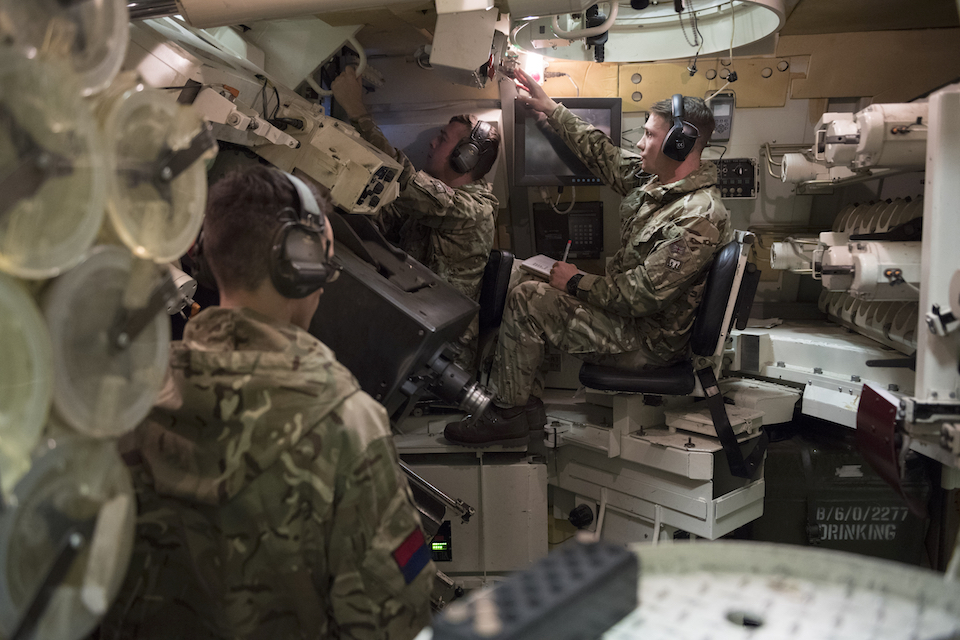News story: Ministry of Defence expands counter-poaching training into two new parks in Malawi
Defence Secretary Gavin Williamson announced today that deployments to Nkhotakota and Majete Wildlife Reserves will begin in May, following a successful pilot scheme in Liwonde National Park alongside the conservation non-profit African Parks, doubling the number of rangers mentored by British soldiers to 120.
A conservation crisis occurring around the globe is causing the loss of countless species, and one of the main factors behind this is the illegal wildlife trade, which drives the decline of many of Africa’s animals, including elephants, rhinos and lions.
Defence Secretary Gavin Williamson said:
Poaching is a horrific and cruel trade that is putting the very existence of this planet’s most majestic wildlife in jeopardy.
Our brave Armed Forces are the best in the world and are playing their part in putting an end to this sickening and illegal industry, to protect these magnificent mammals.
By providing training and mentoring to the park rangers, they will form a skilled network to ensure that the world’s precious species are here for generations to come.
Under the guidance of British Army troops, African Parks rangers will learn tracking, infantry skills, bushcraft and information analysis to improve the interception of poachers.
The long-term goals of training park rangers in Malawi are for them to effectively police their parks and respond appropriately to the threat of poaching, which is worth approximately £7bn to £17bn year.
Training in the two new parks has been funded by the Department for Environment, Food and Rural Affairs’ Illegal Wildlife Trade Challenge Fund.
Liwonde Park Manager, Craig Reid, said:
The MOD deployment to Liwonde in 2017 was very beneficial to the African Parks effort in securing the integrity of this park which was once overrun with poaching.
The soldiers helped mentor the Rangers as part of the long-term project aimed at ensuring a sustainable law enforcement effort. We are very appreciative of the ongoing support rendered to our team on the ground.
All three parks, Nkhotakota, Majete and Liwonde, are managed by African Parks in partnership with Malawi’s Department of National Parks and Wildlife.
Brighton Kumchedwa, Director of National Parks and Wildlife, said:
We are really pleased that the British Army will be returning to Malawi to work in partnership with the Malawian authorities and African Parks on counter-poaching activities. This will build on the success of their previous deployment and ensure that life becomes increasingly difficult for those intent on wildlife crime in Malawi.
